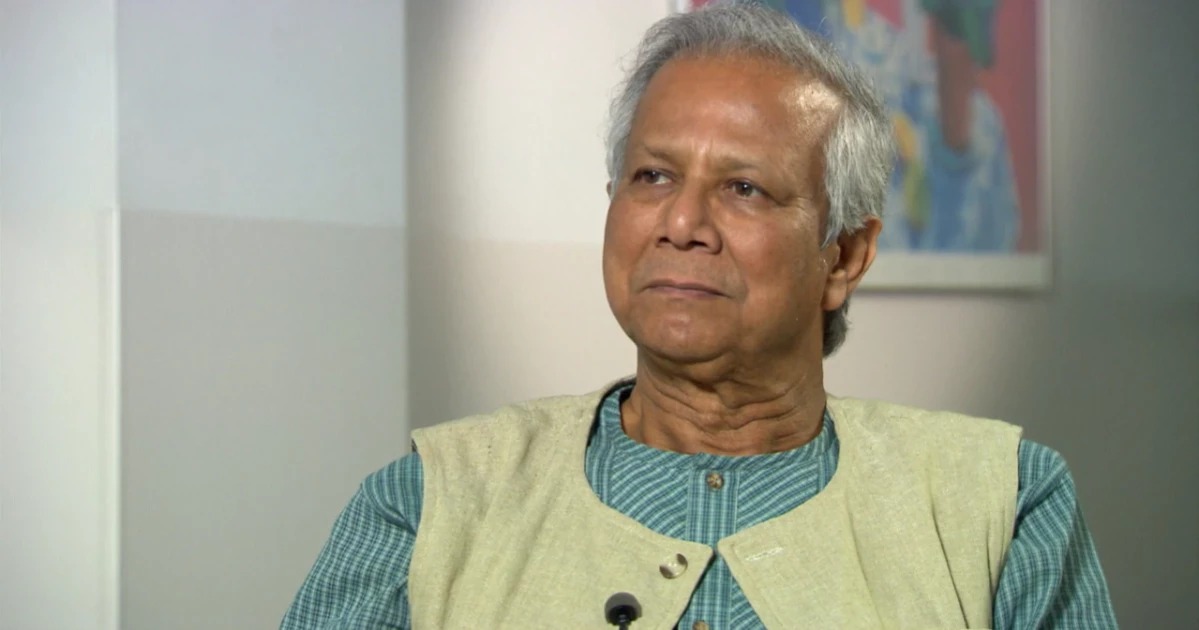Communities should celebrate Pohela Boishakh in their own ways, says chief advisor

Published :
Updated :

Chief Advisor Muhammad Yunus has called for people from different communities to celebrate Pohela Boishakh or the Bengali New Year in their own ways.
He said, "I have always said that we are members of the same family, even though we nurture different cultures and follow different religions. Bangladesh has a diversity of culture and traditions including Hindu, Muslim, Buddhist, Christian and communities living in the hills and in the plains."
“Tomorrow is Pohela Boishakh, an emblem of our communal harmony. We'll celebrate it following our own ways, own traditions and norms and take part in this universal festival.”
The chief advisor spoke as he laid the foundation stone for "Sampriti Bhaban" at the International Buddhist Monastery organised by the Bangladesh Buddhist Federation on Sunday.
"Today, we're laying down the foundation stone of 'Sampriti Bhaban' at the International Buddhist Monastery on the eve of the Bengali New Year," Yunus said.
"I am thankful to the Bangladesh Buddhist Federation and officials of the International Buddhist Monastery for inviting me at such a beautiful and peaceful event. Also, early greetings to everyone for the Bengali New Year. Happy new year."
"The place I am standing today, the International Buddhist Monastery, is an emblem of communal harmony. Since its inception, it played an important role for the Buddhist community and for issues of national interest," Yunus said.
"While upholding the teachings of love and anti-malevolence of Gautam Buddha, the monastery has been conducting different welfare programmes that include Buddhist religious, social cultural traditions and technical education. I hope the 'Sampriti Bhaban' will take forward the tradition of communal harmony and humanity in Bangladesh and play a proud role at the national and global stage. May our communal harmony and humanitarian values prevail," he said.
He said the Buddhist monasteries in Bangladesh have emerged as important educational institutions since ancient times and are emblems of tradition and civilisation.
"Monks and students from around the world used to come to the monasteries and spread the spirit of peace and harmony preached by Buddha everywhere. These monasteries were not only centres of religious learnings, but also of social welfare programmes."
Yunus, a Nobel laureate for peace, said Gautam Buddha spread the teachings of humanity and equality for the welfare of mankind and Buddhism prays for the welfare of every living being.
"Buddha said, 'we can't deprive anyone of peace, happiness; even if it's a small living being’," Yunus said.
"Atish Dipankar of this country was a globally renowned Buddhist scholar. He carried the teachings of Buddha to Tibet. China still pays reverence to him. The memorabilia, structures, tradition and scholars of Buddhism are a very important part in the history of human civilisation."


 For all latest news, follow The Financial Express Google News channel.
For all latest news, follow The Financial Express Google News channel.